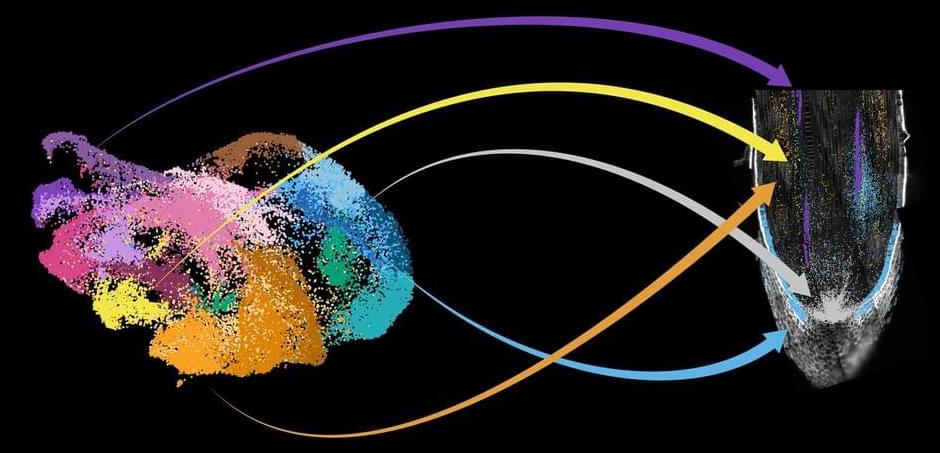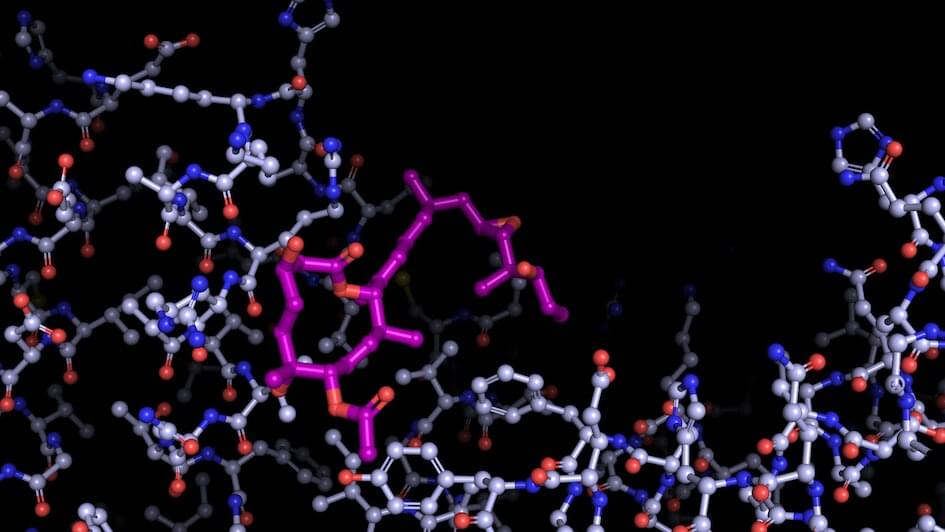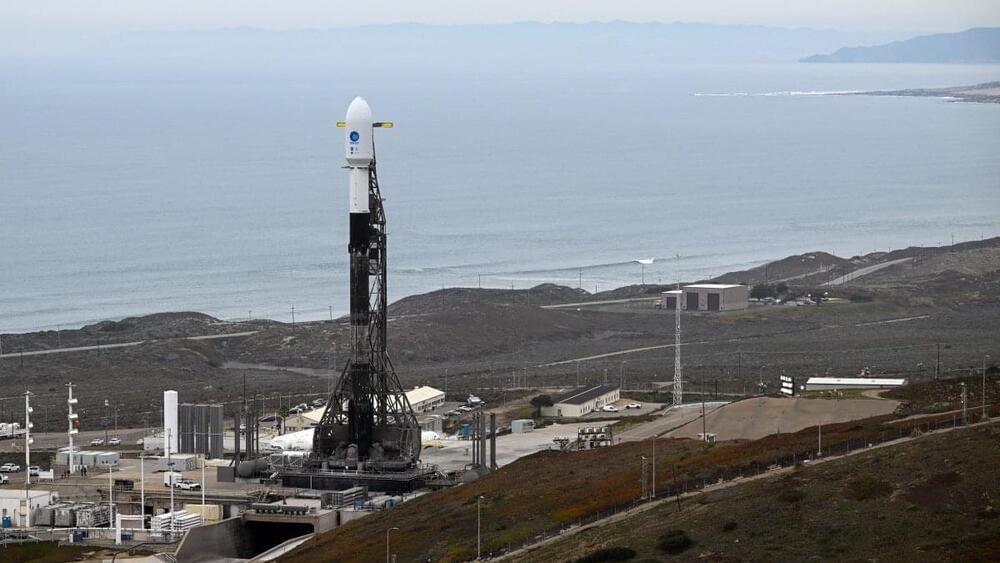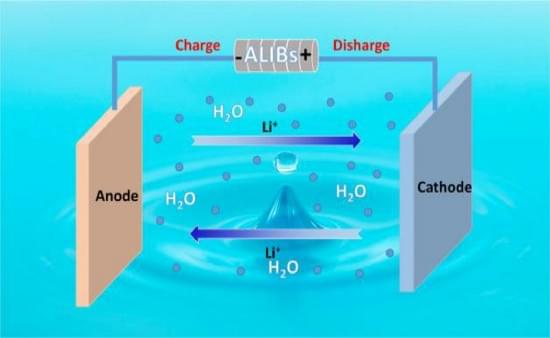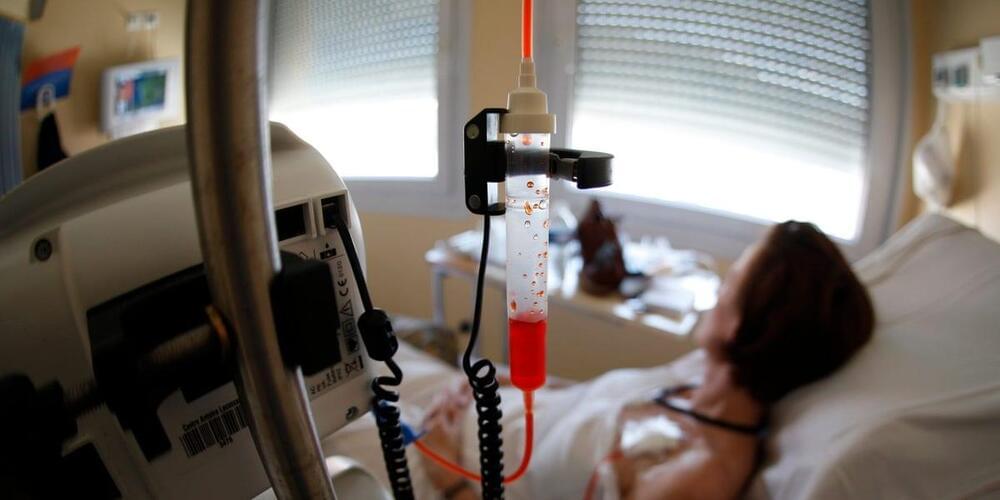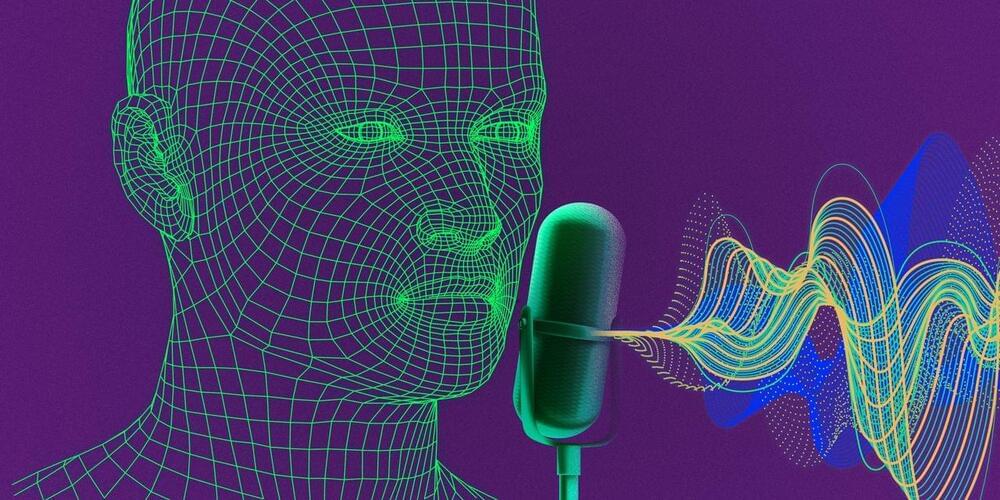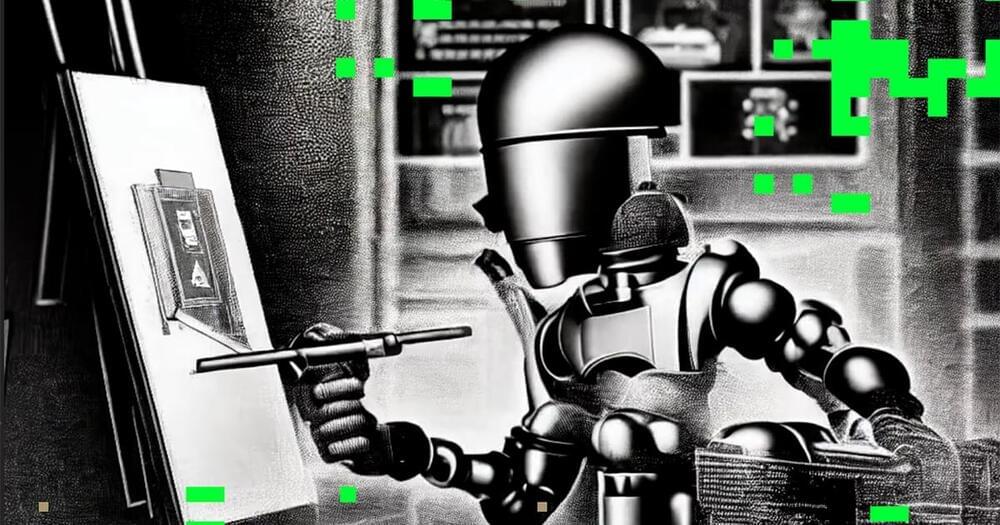Google Maps has boosted its Immersive View feature with a new element that lets you explore a planned route in a whole new way.
Announced on Wednesday at its annual I/O event that also introduced a bunch of cool new devices, Immersive View for routes lets you see every segment of your trip before you set off, whether you’re driving, walking, or cycling.

